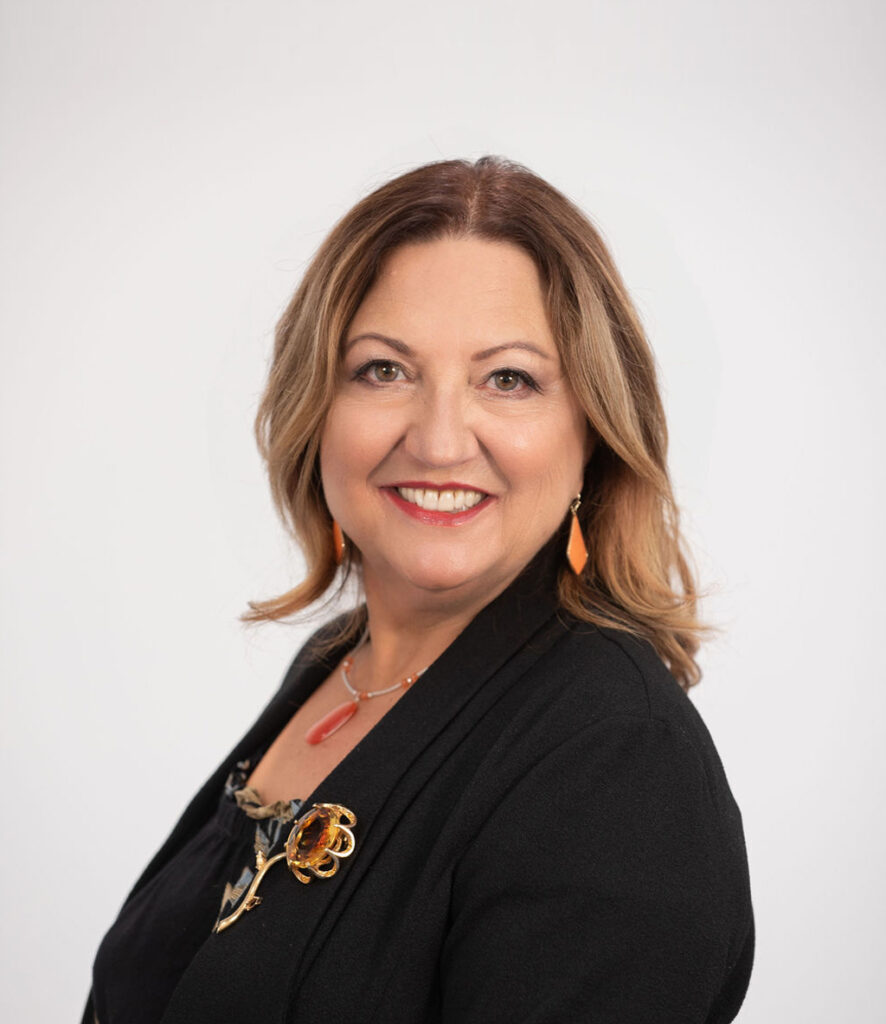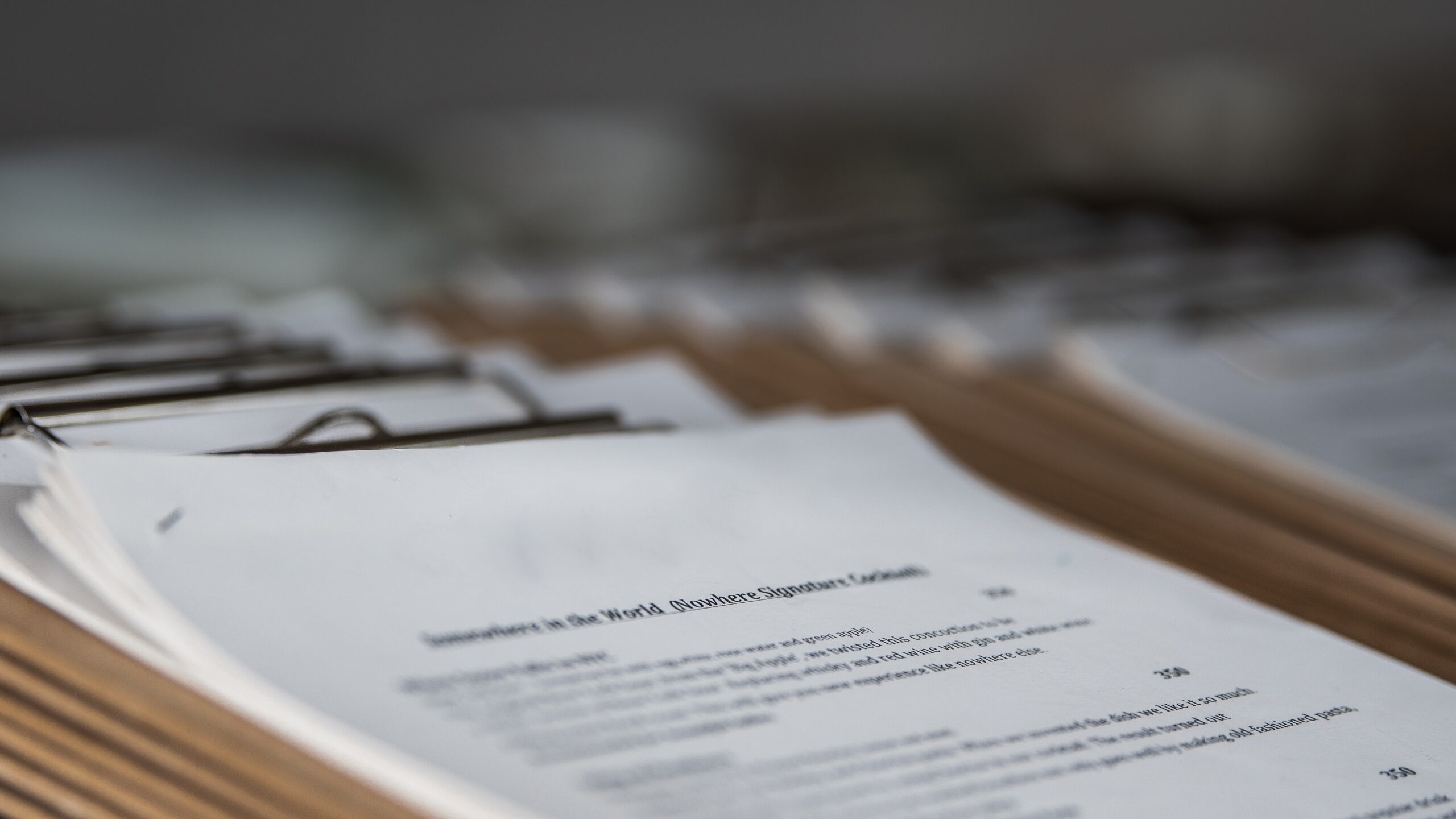Ground rents are annual payments made by a leaseholder (tenant) to a freeholder (Landlord) which are usually of a fixed sum which ranges from lease to lease.
Escalating Ground Rents are an ever increasing problem. This is where the Ground Rent is set at a rate which increases over time to a level which is unacceptable to a mortgage Lender and they would regard the matter as high risk. This is because there is a possibility of creating an Assured Tenancy.
Whether the Ground Rent is fixed or escalating, if the Ground Rent payable exceeds £250.00 per annum (or £1,000.00 in Greater London) this creates an issue under the Housing Act 1988.
Under the Act, if the Ground Rent exceeds these values, it could create an Assured Shorthold Tenancy. If that were the case, then the forfeiture provisions (i.e. the terms of the Lease which enable the Lease to be terminated) would be inapplicable, and if the Ground Rent payments were to fall 2 or more months into arrears then there would be a mandatory ground for repossession by the Freeholder.
The idea is that the higher a Ground Rent costs, the more difficult it is to pay, so once the £250.00 threshold is exceeded, the higher risk that (a) payments fall into arrears; and (b) the Freeholder has greater power to terminate the Lease. If Landlord serves notice under the Housing Act, then the Tenant would be forced to leave the property, the Lease brought to an end, and a mortgage lender left out of pocket. Just as with escalating Ground Rent, mortgage lenders will require certain actions to be taken to protect them against the risk of their security being lost such as requiring a deed of variation of the lease excluding proceedings under the Housing Act or fixing the ground rent to £250 or less for the duration of the term. Without a deed of variation, some Lenders might accept indemnity insurance, but again, there are some lenders who will entirely refuse to lend on such Lease terms.

- Post author
Maria Hond
Maria specialises in all aspects of residential conveyancing whether leasehold or freehold. She has extensive experience in the field, having qualified as a Fellow of the Institute of Legal Executives in 1984 and subsequently admitted to the Roll of Solicitors in 1994.

